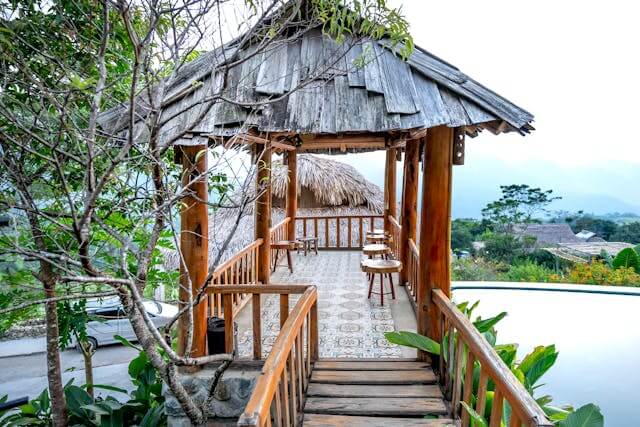Why Choose Georgia for Tiny Living?
Georgia combines Southern hospitality with growing tiny house acceptance, from Blue Ridge mountain communities to Atlanta metro suburbs and coastal retreats near Savannah. The state's diverse regulatory landscape, mild climate, and varied geography create opportunities for tiny living across different settings. Whether you're drawn to mountain living, urban convenience, or coastal charm, Georgia's emerging tiny house scene offers options for various lifestyles and budgets.
Before joining a community, make sure you understand Georgia tiny house zoning laws so you know what to expect. Most communities handle the legal side for you, but it helps to know the rules. If you prefer to build your own tiny house instead of buying one already in the community, check out our directory of Georgia builders who can create a custom home that fits community requirements.
Not finding what you want in these communities? You can also browse tiny houses for sale across Georgia to find a home you can move into a community or place on your own land.
